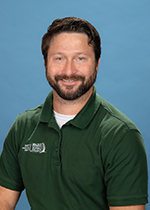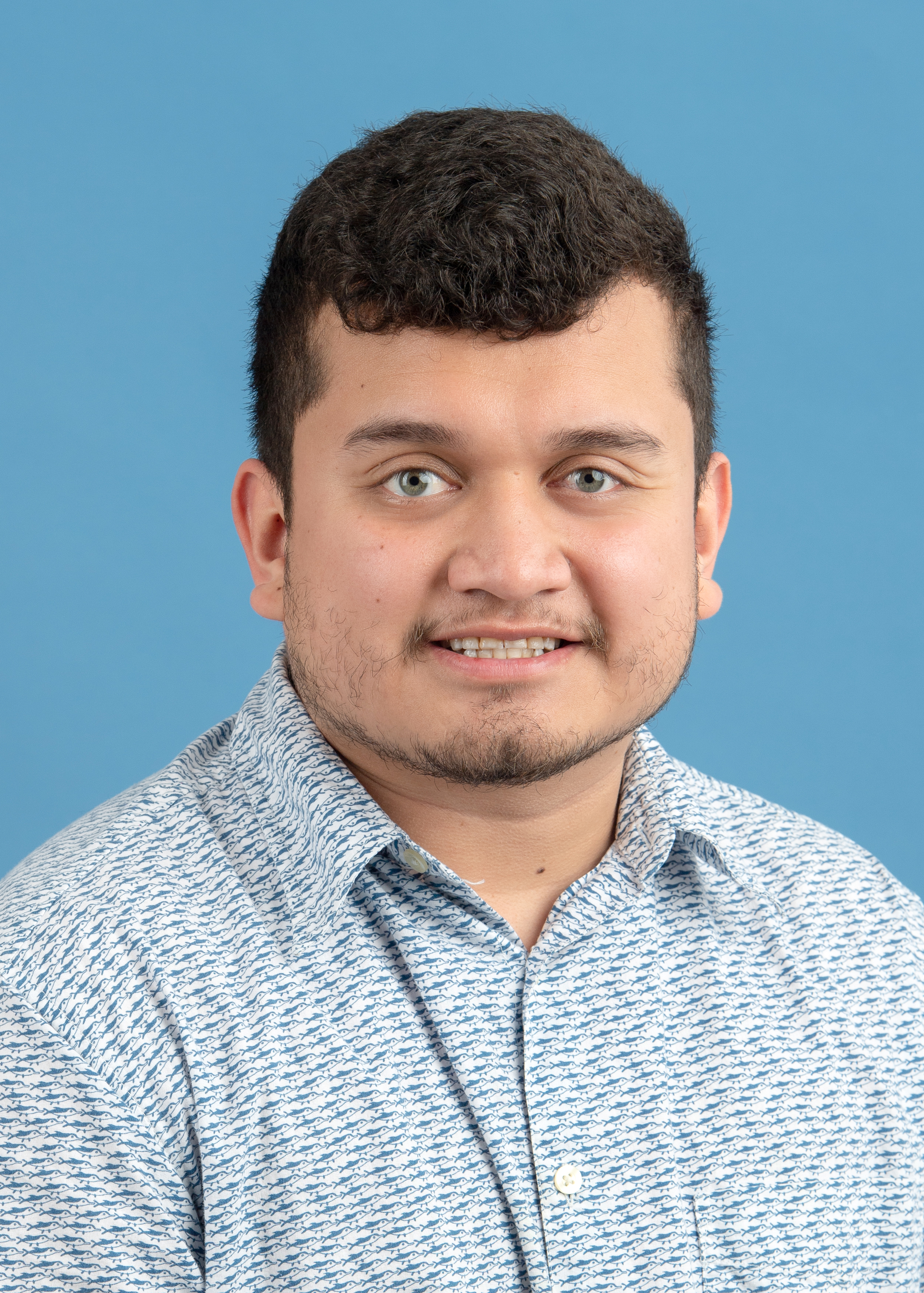OG Staff Contact Information

Program Director
Driftwood 203C
361-825-2046
Christopher.Wilson@tamucc.edu

Structured Learning Assistance Coordinator
Driftwood 203A
361-825-2795
Hector.Galvan@tamucc.edu

Development and Resources Coordinator
Driftwood 203E
361-825-2755
Gerardo.Hinojosa@tamucc.edu
Texas A&M University-Corpus Christi TITLE V OPERATION GRAD ABSTRACT Texas A&M University-Corpus Christi (TAMU-CC) is an expanding regional university, committed to preparing students for the careers of today and tomorrow. TAMU-CC is designated as a Hispanic Serving Institution (HSI) and a Minority Serving Institution (MSI) which serves the Coastal Bend Region which is a nine-county area that stretches along Texas’ Gulf Coast and is home to a population of 529,314 persons. Corpus Christi is predominantly Hispanic (63.8%) (US Census 2021). The current TAMU-CC student undergraduate enrollment is 8,262 as of fall 2021. Of these undergraduates, 49% meet the definition of underserved as stated in the HSI application guidelines. Through this application, TAMU-CC proposes to implement one Activity – Operation GRAD. There will be two components to this activity (1) the Development of a Structured Learning Assistance (SLA) Program will focus on the academic needs of underserved students and will include Sense of Belonging (SB) modules. SLA will focus on academic and social success but will also highlight the current services available to students on campus and provide priority assistance to underserved students, both academic and social, including tutoring, writing center services, Student Support Services, SSS[1]STEM, and SSS-Teacher Prep Program. In the TAMU-CC early alert system, STARFISH, a unique identifier will be created for an SLA cohort that will enable better tracking and monitoring of services utilized and/or when an intervention is needed including the need for resources and staff outside the SLA program. (2) Infrastructure upgrades for underserved student learning spaces throughout the campus that include laboratory upgrades, library innovation, and create new and upgraded computer and learning spaces. The campus-wide computer lab system has become outdated, and students do not see the areas as useful spaces. By renovating and updating the computer and learning spaces and creating a more effective way to track usage by students, we will have data to show what services are most utilized and how to improve available student resources. Based on other best practices and current literature, it is imperative to have updated facilities for interactive learning experiences. Operation GRAD will also include SLA evidence-based research and evaluation. The external evaluators will review all data with the ultimate goal of constructing a research study that can ultimately produce evidence that speaks to the efficacy of SLA and/or SB (separately and in combination), meets the most recent What Works Clearinghouse (WWC) evidence standards for group design studies or regression discontinuity studies as specified in version 4.1 of the WWC Standards Handbook and Procedures Handbook and other WWC publications (e.g., WWC’s Systematic Review Protocol for Social, Emotional, and Behavioral Interventions, https://ies.ed.gov/ncee/wwc/Document/1298), and addresses outcomes and focuses on outcome domains specified in version 4.0 (August 2019) of the WWC’s Supporting Postsecondary Success Review Protocol (https://ies.ed.gov/ncee/wwc/Docs/ReferenceResources/ WWC_supporting_postsecondary_success_protocol_4.0_08-01-19_sxf.pdf ).